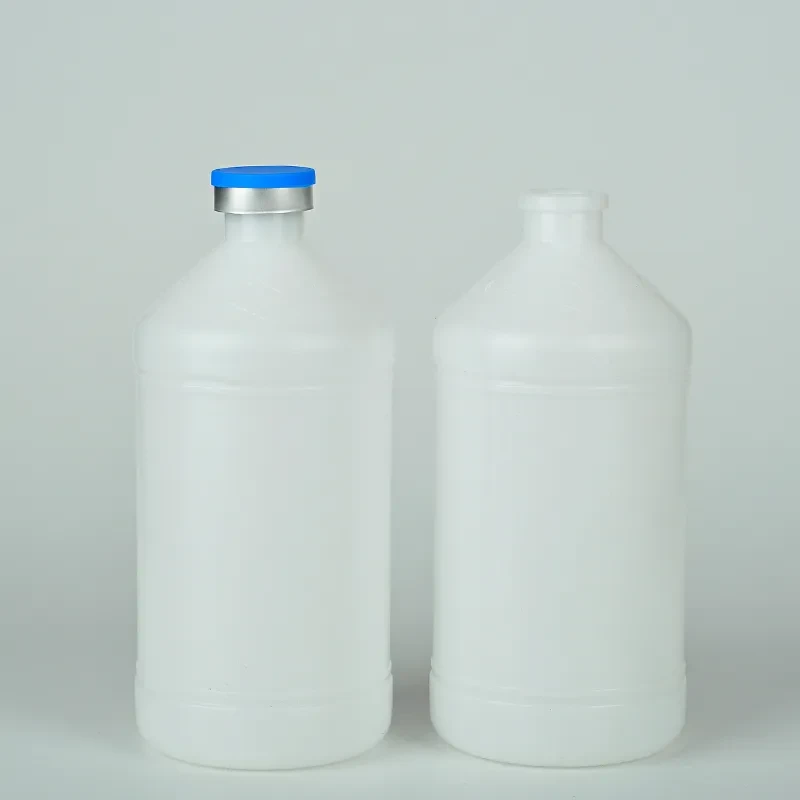pet medicine bottles
The Essential Guide to Pet Medicine Bottles What Every Pet Owner Should Know
As pet owners, we strive to provide our furry friends with the best possible care, and that often includes medications prescribed by veterinarians. From flea treatments to antibiotics, pet medications are crucial for maintaining our pets’ health. However, understanding how to effectively manage and store these medications, particularly in the form of bottles, is essential for ensuring our pets receive the right treatment at the right time.
Understanding Pet Medicine Bottles
Pet medicine bottles can come in various forms glass, plastic, or even dropper bottles. Each type has its own advantages and disadvantages. Glass bottles are often more durable and can be sealed tightly to prevent leakage, while plastic bottles tend to be lighter and less prone to shattering. Additionally, some medications come in dropper bottles that allow for precise dosing, which is particularly useful for liquid medications that may need to be administered in small amounts.
Most importantly, these bottles are designed to keep the medication safe from contamination and to maintain its efficacy. Therefore, how you store these bottles and how you handle the medications inside are critical components of responsible pet ownership.
Proper Storage Practices
Like human medications, pet medicines should be stored properly to ensure their effectiveness. Here are some tips on how to store pet medicine bottles
1. Cool, Dry Place Medications should typically be stored in a cool and dry place, away from direct sunlight and moisture. A cabinet or a drawer in a climate-controlled room is usually suitable.
2. Childproof Locks If you have young children or other pets in the home, ensure that the medicine cabinet is locked or secured to prevent accidental ingestion.
3. Follow Expiration Dates Always check the expiration date on medication bottles. Expired medications may not only be less effective but could also be harmful to your pet.
4. Avoid Bathroom Storage Many people store medications in their bathroom, but the humidity and heat can compromise the integrity of the medication. Instead, choose a room with consistent temperature and low humidity.
pet medicine bottles

Handling Medication Bottles
Proper handling of medicine bottles is just as important as storage. Here are some best practices
1. Wash Hands Before handling any medication, wash your hands to minimize the risk of contamination.
2. Read Labels Carefully Always read the label carefully before administering any medication to your pet. This includes noting the dosage, frequency, and whether the medication should be given with food.
3. Use Measuring Devices Many liquid medications come with syringes or measuring cups. Use these tools to ensure accurate dosing rather than guessing.
4. Dispose of Safely If you have leftover medications or expired bottles, dispose of them properly. Follow local guidelines for medication disposal, which may include returning them to a pharmacy or using a designated drug take-back program.
Educating Yourself and Others
As a responsible pet owner, it’s your duty to stay informed about the medications your pet needs. Familiarize yourself with the names and purposes of medications, and don’t hesitate to discuss any concerns with your veterinarian. Joining local pet owner groups or online forums can be useful for sharing experiences and tips related to pet medications.
Additionally, educate family members or anyone involved in caring for your pet about the correct handling and administration of medications. Ensuring everyone is on the same page regarding medication protocols can help prevent mistakes and ensure that your pet gets the best care possible.
Conclusion
Pet medicine bottles are more than just containers for medication; they represent a critical component of your pet's healthcare regimen. By understanding how to properly store, handle, and administer medications, you can help ensure your companion receives the treatment they need to thrive. Always prioritize your pet’s health and safety, and when in doubt, consult with your veterinarian. Your furry friend relies on you for their well-being, and your knowledge can make all the difference in their lives.
-
Aesthetic Makeup Spray Bottles | Fine Mist Empty RefillableNewsAug.19,2025
-
White Plastic Veterinary Vaccine Vials | Lab Liquid BottlesNewsAug.18,2025
-
Plastic Medicine Liquid Bottle: Secure Flip Top Drug VialsNewsAug.17,2025
-
Durable 250ml Blue Plastic Vaccine Vial for Lab & Vet UseNewsAug.16,2025
-
Sterile Virus Sample Tubes: Secure & Reliable Specimen CollectionNewsAug.15,2025
-
White 250ml Plastic Vaccine Vial for Lab & Vet MedicineNewsAug.14,2025
























